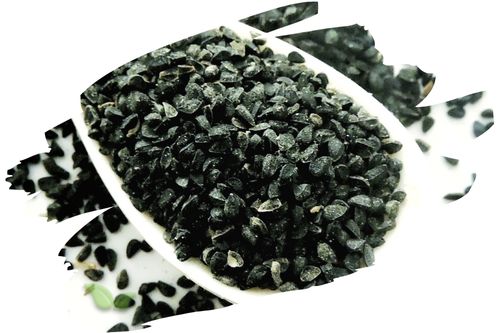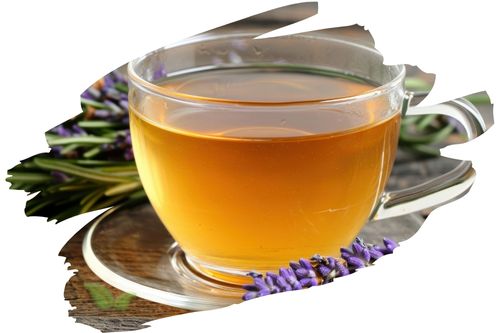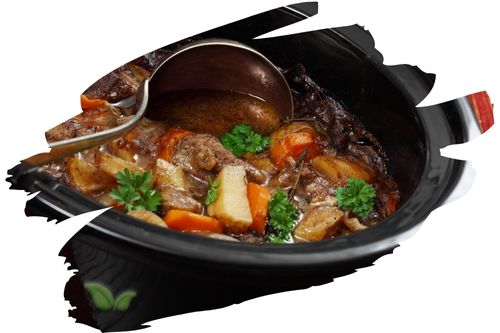
Introduction
Sesame seeds have been a staple in culinary traditions worldwide for centuries, adding flavor and texture to a wide range of dishes. Among the various types of sesame seeds, black and white varieties stand out for their unique characteristics and applications. In this article, we will explore Sesame Seeds: Black vs. White. We'll delve into their differences, culinary uses, cultural significance, and much more. So, let's embark on a flavorful journey through the world of sesame seeds.
Sesame Seeds: Black vs. White - What Sets Them Apart?
Color and Appearance
Sesame Seeds: Black vs. White - the first noticeable difference is, of course, their color. Black sesame seeds are, as the name suggests, deep black, while white sesame seeds are pale ivory. These variations in color contribute to their distinct visual appeal, making them both popular choices in the culinary world.
Flavor Profiles
White Sesame Seeds
White sesame seeds have a mild, nutty flavor with a subtle hint of sweetness. They are often used to add a delicate crunch and flavor to dishes, such as salads, pastries, and stir-fries.
Black Sesame Seeds
Conversely, black sesame seeds offer a richer, earthier taste with a slightly bitter undertone. Their flavor is more intense compared to their white counterparts, making them an excellent choice for desserts, especially in Asian cuisine.
Culinary Uses
Both black and white sesame seeds have diverse culinary applications:
-
White Sesame Seeds: These are commonly used for garnishing dishes like sushi rolls, bread, and cookies. They are also a key ingredient in tahini, a Middle Eastern condiment.
-
Black Sesame Seeds: Popular in Asian cuisine, black sesame seeds find their way into dishes like sesame balls and black sesame soup. They are also used to create a visually striking contrast when sprinkled on light-colored foods.
The Cultural Significance of Sesame Seeds
Sesame seeds hold deep cultural significance in various regions of the world:
-
Middle East: In Middle Eastern cultures, sesame seeds are believed to bring good luck and are often included in traditional bread-making rituals.
-
Asia: In China and Japan, black sesame seeds are considered a symbol of longevity and are commonly used in celebratory dishes, particularly during birthdays and New Year festivities.
Cooking Tips and Tricks
Toasting Sesame Seeds
To enhance the flavor of both black and white sesame seeds, consider toasting them lightly in a dry pan over low heat. This quick step can elevate your dishes to new heights of flavor.
Incorporating Sesame Seeds
Sesame seeds can be incorporated into your diet in various ways. You can sprinkle them on yogurt, add them to smoothies, or use them as a coating for proteins like chicken or tofu.
FAQs
Q: Can I substitute black sesame seeds for white sesame seeds in recipes? A: Yes, you can, but keep in mind that black sesame seeds have a more pronounced flavor, so the dish's taste may vary slightly.
Q: Do sesame seeds have any nutritional value? A: While we're not discussing health benefits in this article, it's worth noting that sesame seeds are a good source of essential nutrients like calcium, iron, and healthy fats.
Q: Are there any specific dishes where both black and white sesame seeds are used together? A: Yes, some recipes call for a mix of both types for a balanced flavor and visual appeal.
Q: Can I store sesame seeds for an extended period? A: Yes, sesame seeds can be stored in an airtight container in a cool, dry place for up to six months.
Q: Are there any allergenic concerns related to sesame seeds? A: Sesame seeds can trigger allergies in some individuals, so it's essential to be cautious if you or someone you're serving has known allergies.
Q: What is the best way to incorporate sesame seeds into a vegan diet? A: Sesame seeds are a great vegan-friendly source of protein and healthy fats. You can add them to salads, use them as a condiment, or even make homemade tahini sauce.
Conclusion
In the world of culinary delights, sesame seeds, whether black or white, play a remarkable role. They bring unique flavors, visual appeal, and cultural significance to dishes across the globe. While we've explored their differences and applications, remember that the choice between black and white sesame seeds ultimately depends on your culinary creativity and the flavors you wish to explore. So, go ahead, sprinkle some sesame magic into your next meal and savor the delightful experience they offer.
Alert: While spices can have many beneficial properties for health, using them for medical purposes should be done under the guidance and supervision of a healthcare professional or specialist. Some spices may interact with medications or cause adverse reactions in certain individuals, and it is important to use them safely and appropriately. If you are considering using spices for a medical condition, it is important to consult with a healthcare professional before doing so.




















































